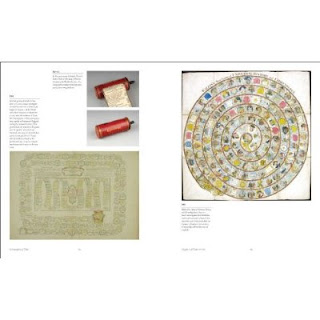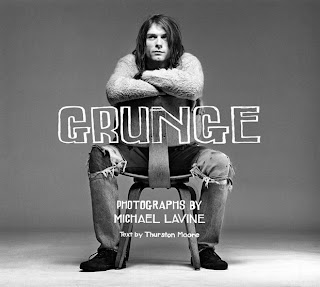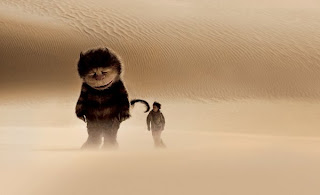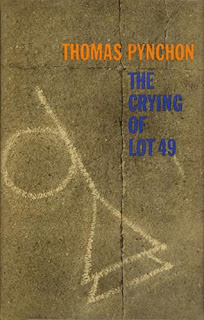
I'm busy reading (or audiobooking)
The Name of The Rose by Umberto Eco, and it's just as good as I had hoped it would be. (Much better than the
movie, which I also enjoyed.) It's all about 13th-century monks and books and weird stuff... and that's had me thinking about the creepy
Codex Gigas.
The Codex Gigas is an
enormous 13th-century manuscript (like, a metre tall), with beautiful script...

... and fine illumination ...

... and it carries on like that through page after page of Old Testament, New Testament, Josephus's Antiquities, Isidore of Seville's Etymologiae, a necrologium...

... until, out of nowhere, on page 290, it has a massive cartoon picture of a snarling green devil man.

Spooky.
Spookier still, its script is entirely uniform, and it appears to be the work of a single hand – even though
it would have taken 30 years to write.
The
legend goes that the monk had broken his vows, and was sentenced to be walled up alive. In order to gain indulgence/forgiveness, he vowed to write, in one single night, a book containing all human knowledge.
Around midnight he realised he could not complete the work alone, so he make a Faustian pact with the Devil, asking the Prince of Darkness to complete the book in exchange for his soul.
[Please insert your own creaking door and ghostly howls here. And also please imagine me telling the story with a flashlight shining up from under my chin.]




















